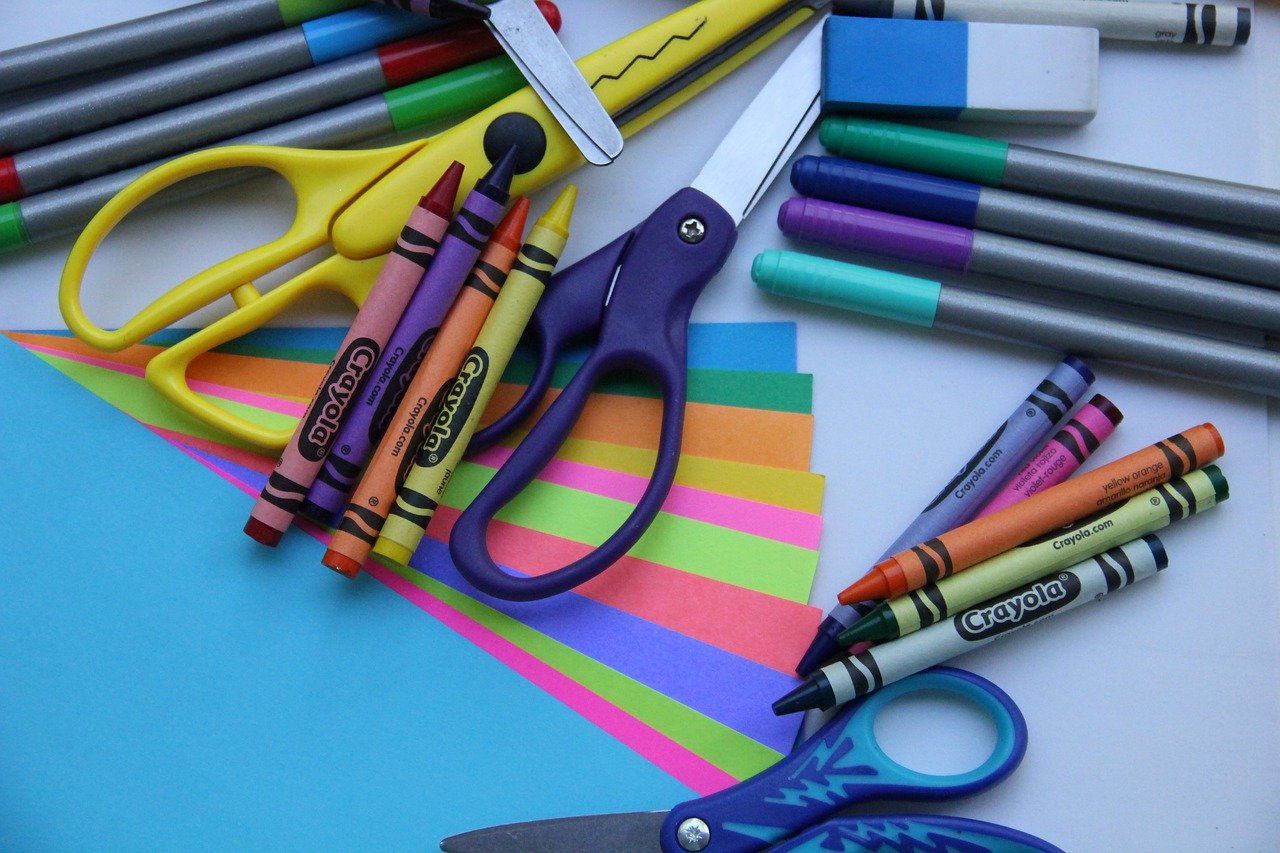How to Avoid Making a Big Mistake on Your Tax Return
Separating out your 100% business expenses from those that are both business and personal is one of the most important things a family child care provider can do to avoid mistakes on their tax return.
Failure to do this can mean you pay too much or too little in taxes.
It’s a mistake that can easily be made if you use a tax preparer, tax preparation software, and even if you do your own taxes.
Let’s use the expense of Supplies to illustrate this point. Every child care provider spends money on supplies each year: cleaning supplies, arts and craft supplies, kitchen supplies, etc.
Example
Paula Provider spends the following on supplies this year:
$300 on supplies used 100% for her business
$1,000 on supplies used by her business and her family
$400 on supplies used 100% by her family
Total spent on supplies: $1,700
Let’s assume Paula’s Time-Space % is 40%. How much can she deduct for supplies?
The answer is: $700.
Here’s how we arrive at this number: $1,000 shared supplies x 40% Time-Space % = $400. Add to that the $300 of 100% business supplies = $700. She can’t deduct any supplies used only by her family.
The Problem
If Paul had not identified which of the above three categories to put her supplies in, she would not be able to file an accurate tax return.
If her tax preparer asked, “What did you spend on supplies?” her answer would be $1,700. If the tax preparer claimed that amount on her tax return, Paula would be paying too little in taxes. If the tax preparer multiplied this number by her Time-Space % ($1,700 x 40% = $680) and deducted $680, Paula would pay too much in taxes.
The correct question your tax preparer should ask is, “How much did you spend on supplies used 100% for your business? How much did you spend on supplies that were used by your business and your family?”
These same questions should be asked by tax preparers for many other expense categories: toys, repairs, office expenses, household items, and so on.
If your tax preparer is not asking these two questions, make sure you identify your expenses as either 100% or shared when you give numbers to your tax preparer.
If you are doing your own taxes, you need to understand the above example to come up with the correct deductions on your tax return.
Tax Software
Tax software (Turbo Tax, H&R Block at Home, etc.) will not help you determine the accurate amount of your expenses for supplies (or many other items). It will simply ask you to enter an amount for supplies. It won’t ask you for 100% business and shared items separately. It will assume everything you buy is 100% business!
You must do your own calculation on a separate piece of paper and then enter the correct amount into the program. Unless you know how to do the calculation as I’ve described above, you will make a mistake.
Therefore, my advice has always been if you don’t understand how to separate and identify your 100% expenses and shared expenses, you shouldn’t use tax software.
Record Keeping
If Paula had not kept track of which of her supplies she had used 100% for her business and assumed that all of her non-personal supplies were business and personal, she would have claimed a deduction of $520 ($1,300 x 40%), rather than the correct amount of $700. This is a loss of $180 in deductions.
Therefore, it’s very important to be keeping track of all items you are buying that are used 100% for your business. Before storing your receipts, mark them with a “B” or “100%” next to these items.
If you haven’t been doing this in the past, start doing so now. It will save you a lot of money at tax time.
Tom Copeland – www.tomcopelandblog.com
Image credit: https://www.bklynlibrary.org/calendar/grab-go-kids-create-macon-library-20210922

